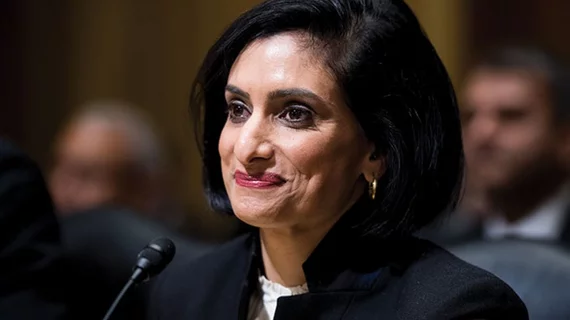CMS releases plan to streamline Medicare reimbursement
CMS released its plan to reduce paperwork and improve patient care on Friday, July 27, that could have implications for 40 percent of Medicare payments. The plan combines four levels of paperwork and four levels of reimbursement to be combined in a single form and one flat fee for each physician appointment.
“We’ve proposed to move from a system with separate documentation requirements for each of the four levels that physicians use to a system with just one set of requirements, and one payment level each for new and established patients,” CMS Administrator Seema Verma, MPH, wrote in a July 17 letter previewing the proposal. “Most specialties would see changes in their overall Medicare payments in the range of 1-2 percent up or down from this policy, but we believe that any small negative payment adjustments would be outweighed by the significant reduction in documentation burden.”
The proposal will be open for comment until Sept. 10. While few physicians would oppose reduced paperwork, reporting from NPR explored potential implications of CMS’s new rule. One doctor estimated he’d save a minute or two per appointment, but the reduced reimbursement would not offset the increased efficiency.
"The proposal is well intentioned, but it might cause a disaster," said Angus Worthington, MD, a rheumatologist, if it leads to fewer medical students going into rheumatology and other specialties that require doctors to manage complex patients.
For more perspectives on the changes, see NPR and Kaiser Health News’ reporting here.

